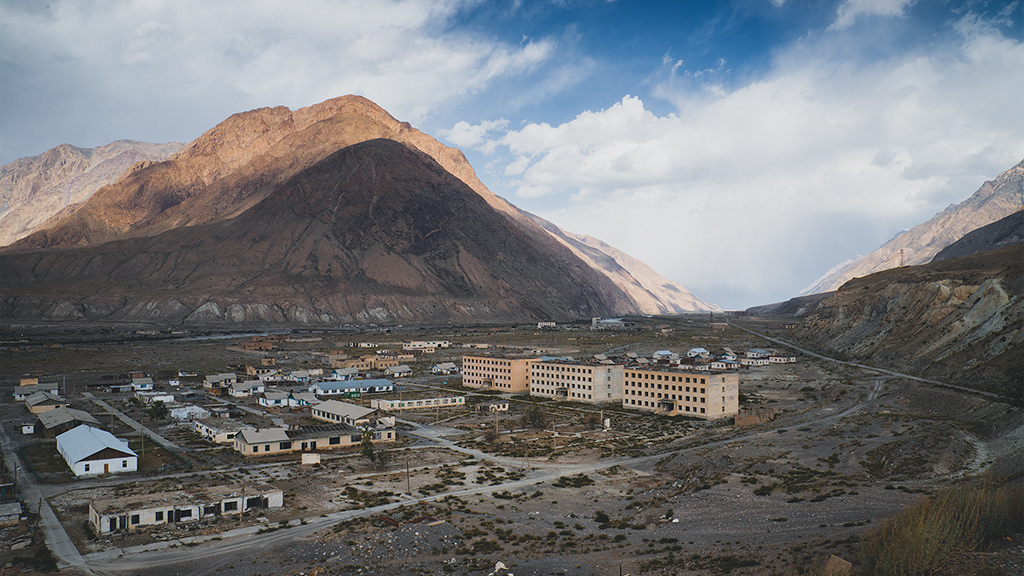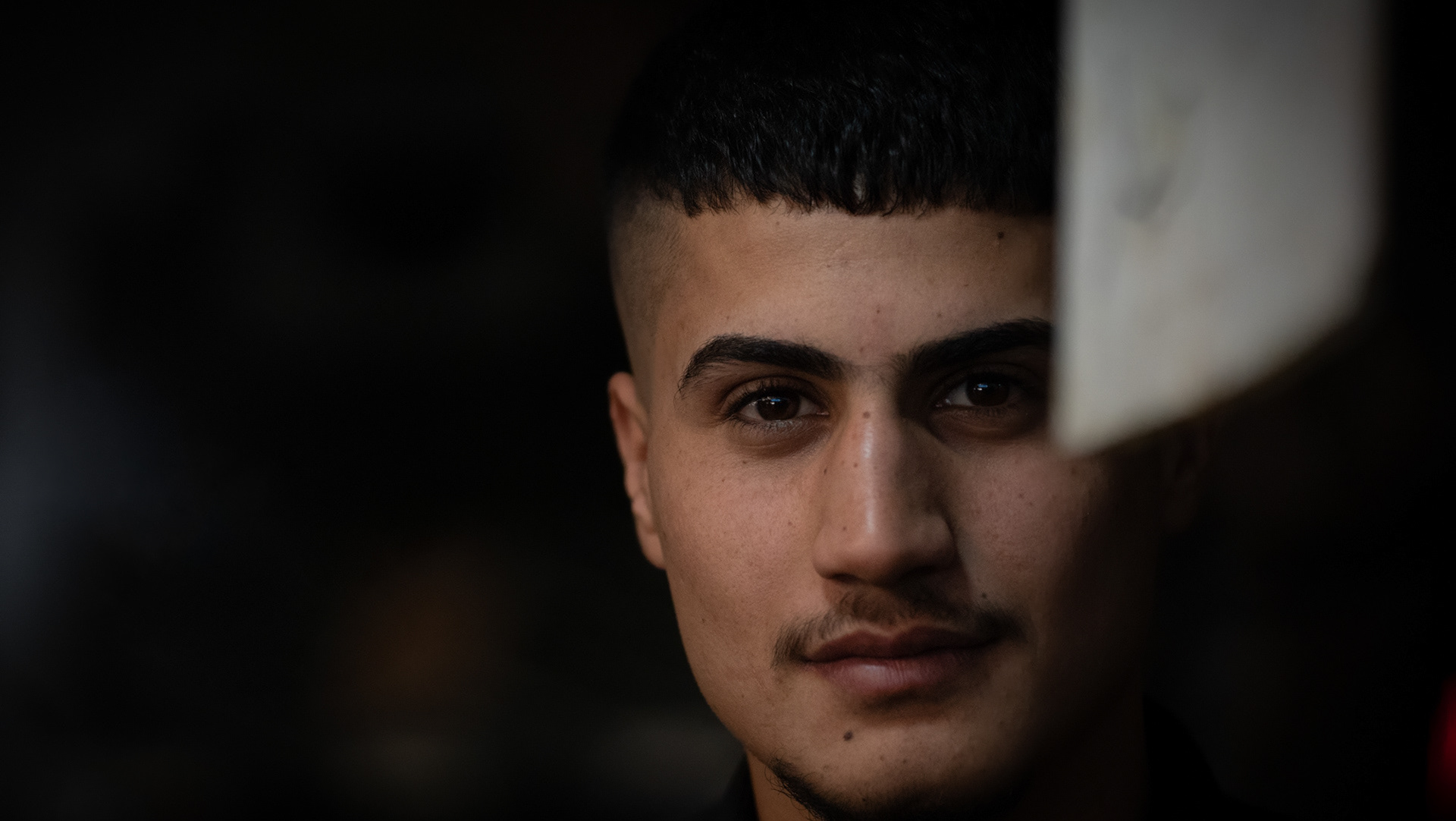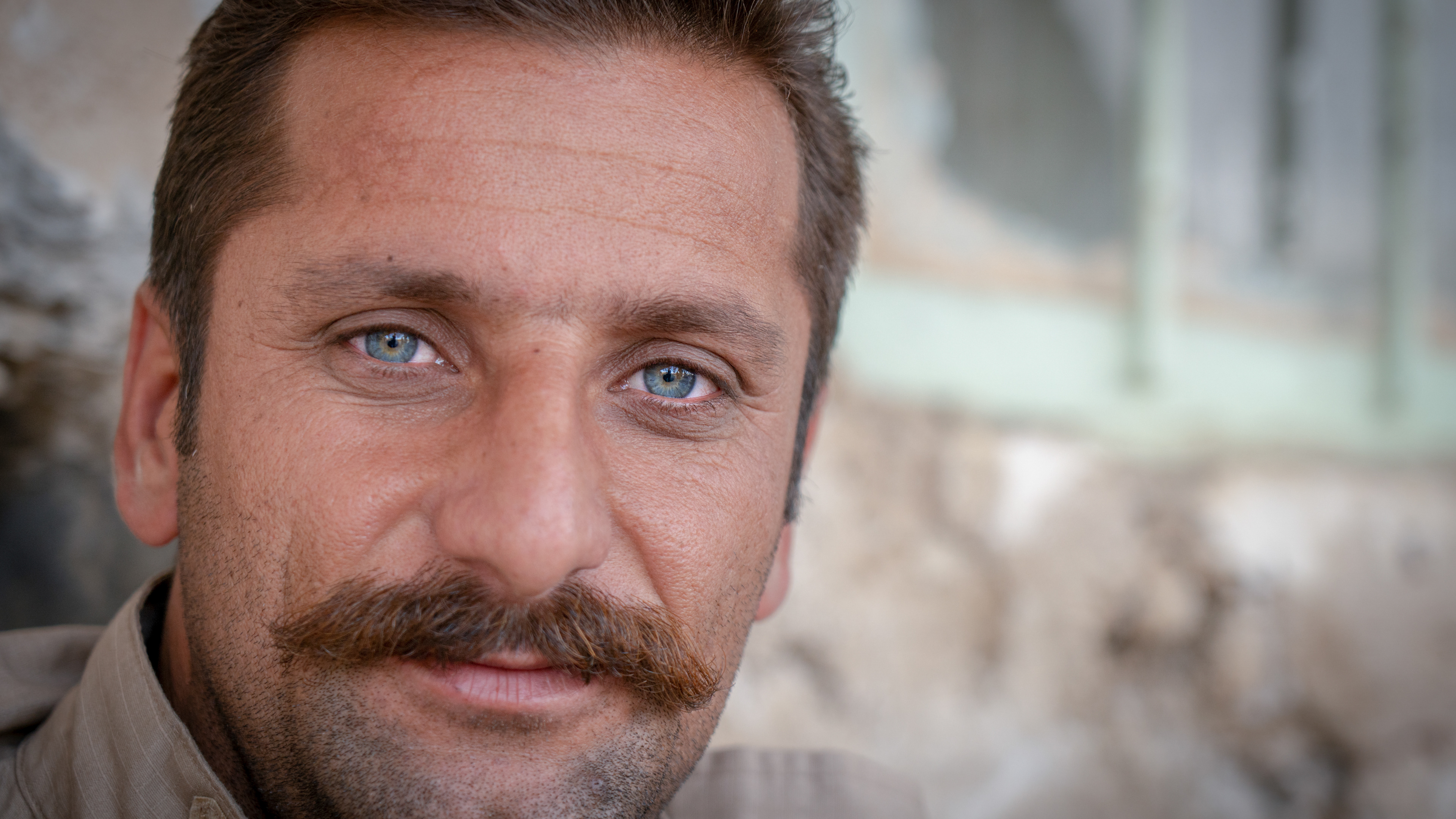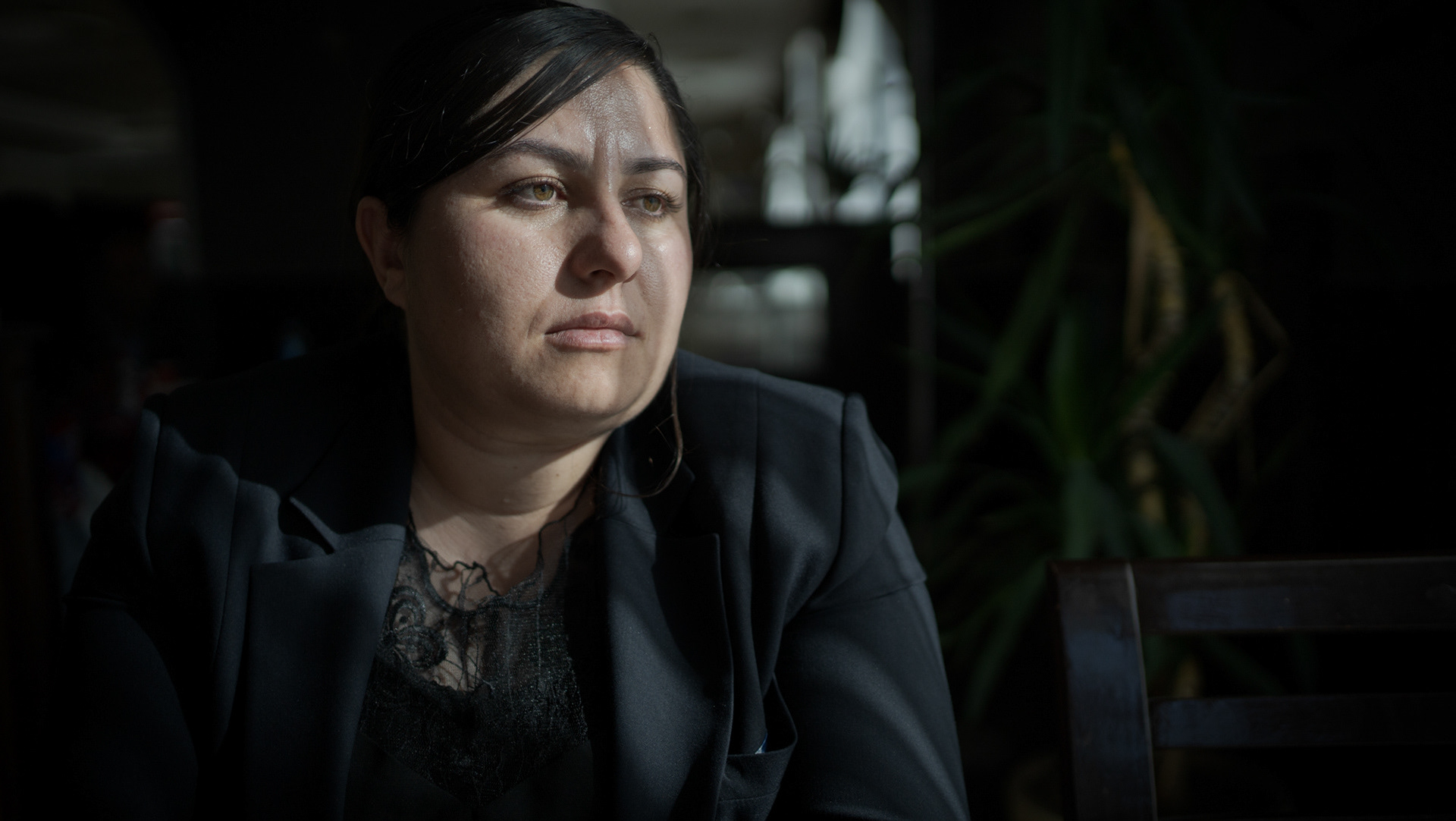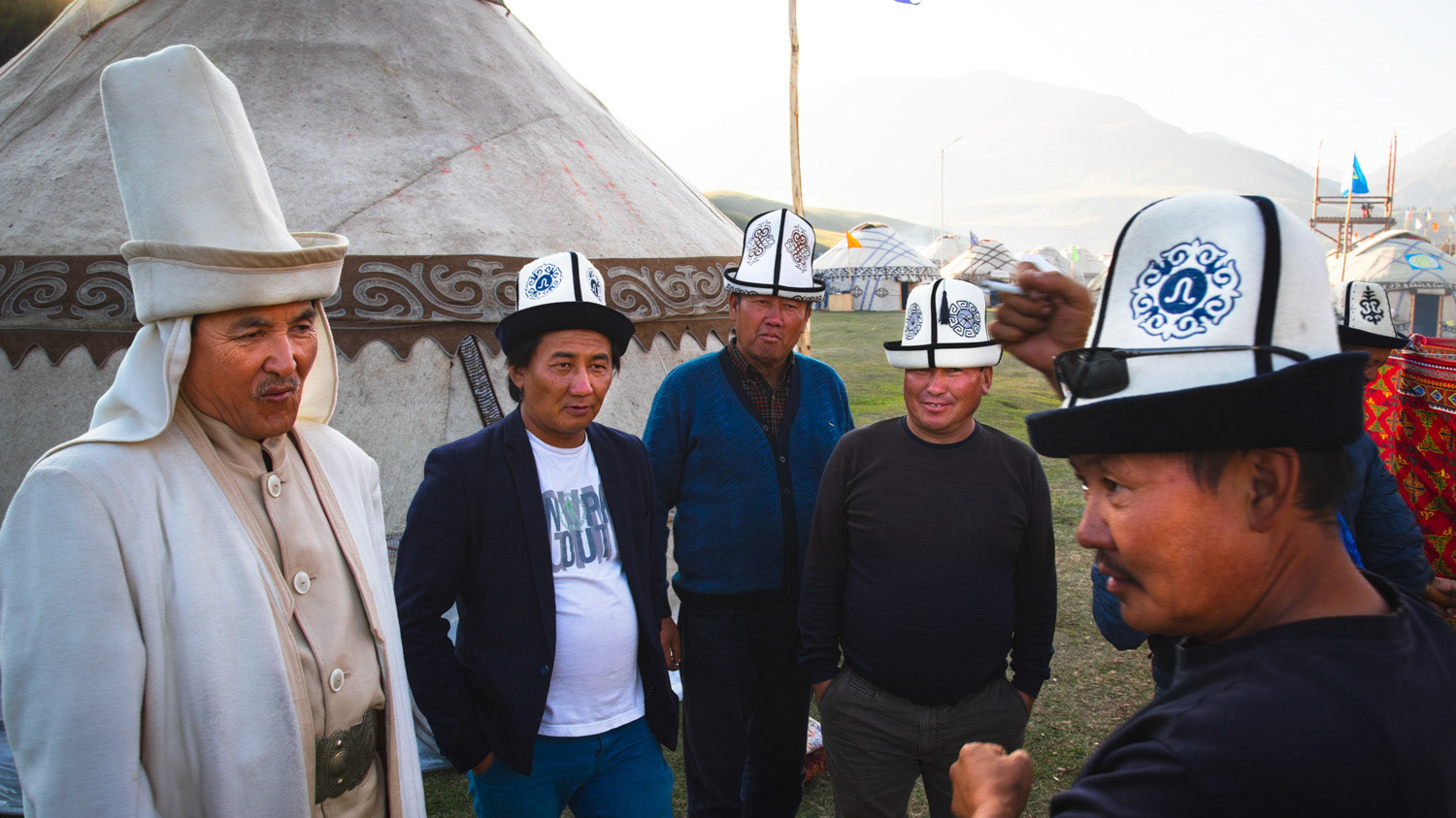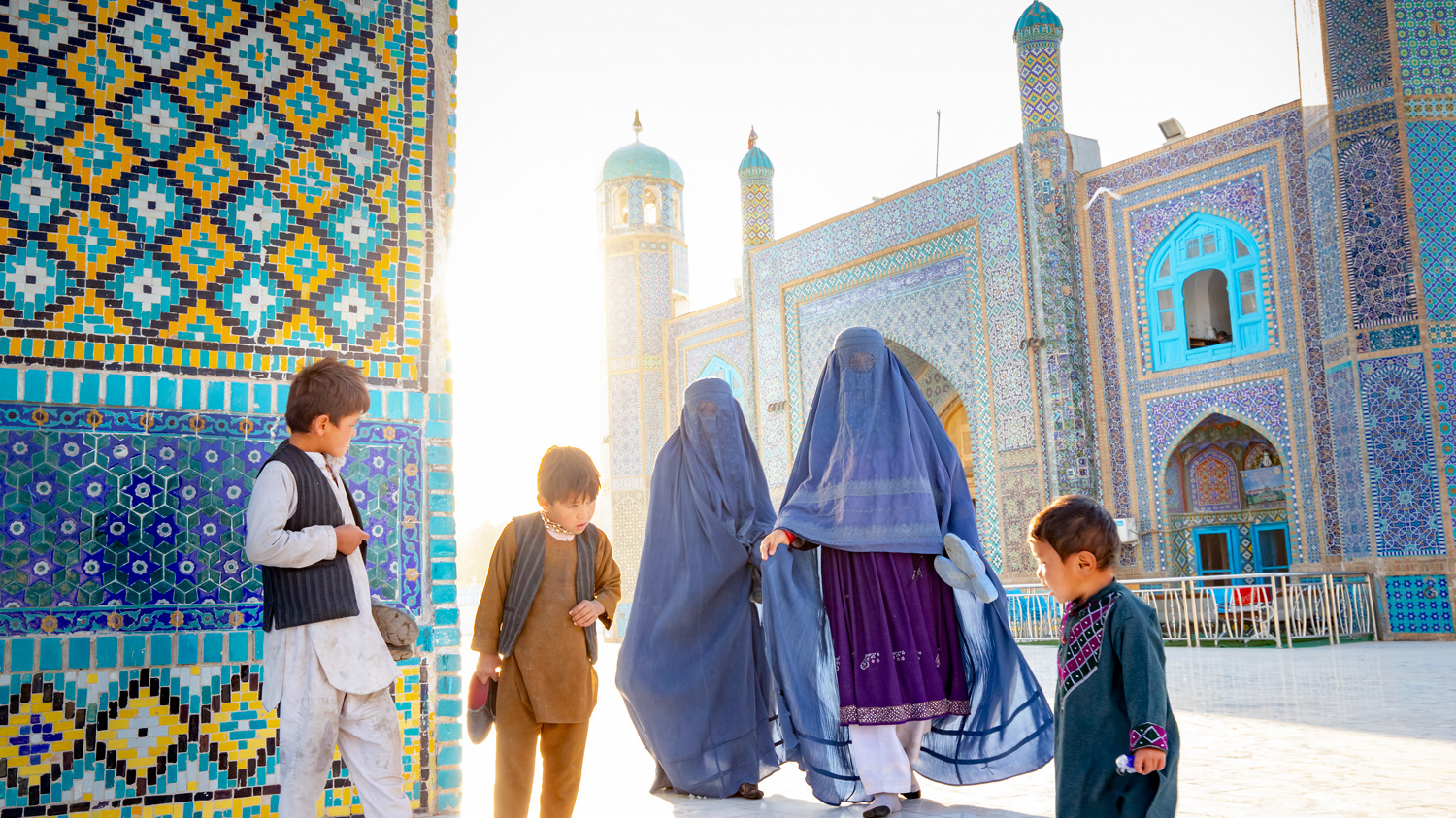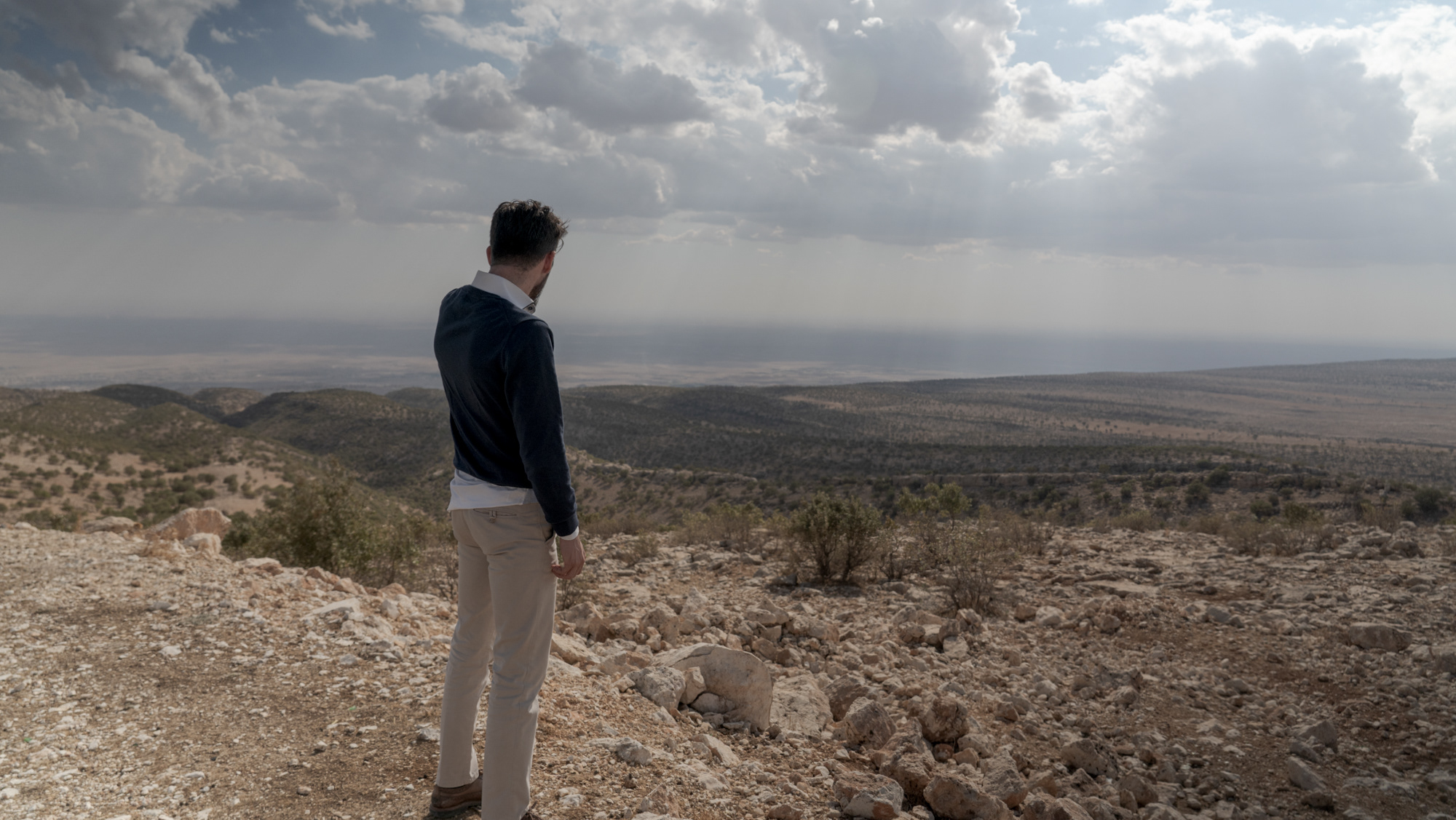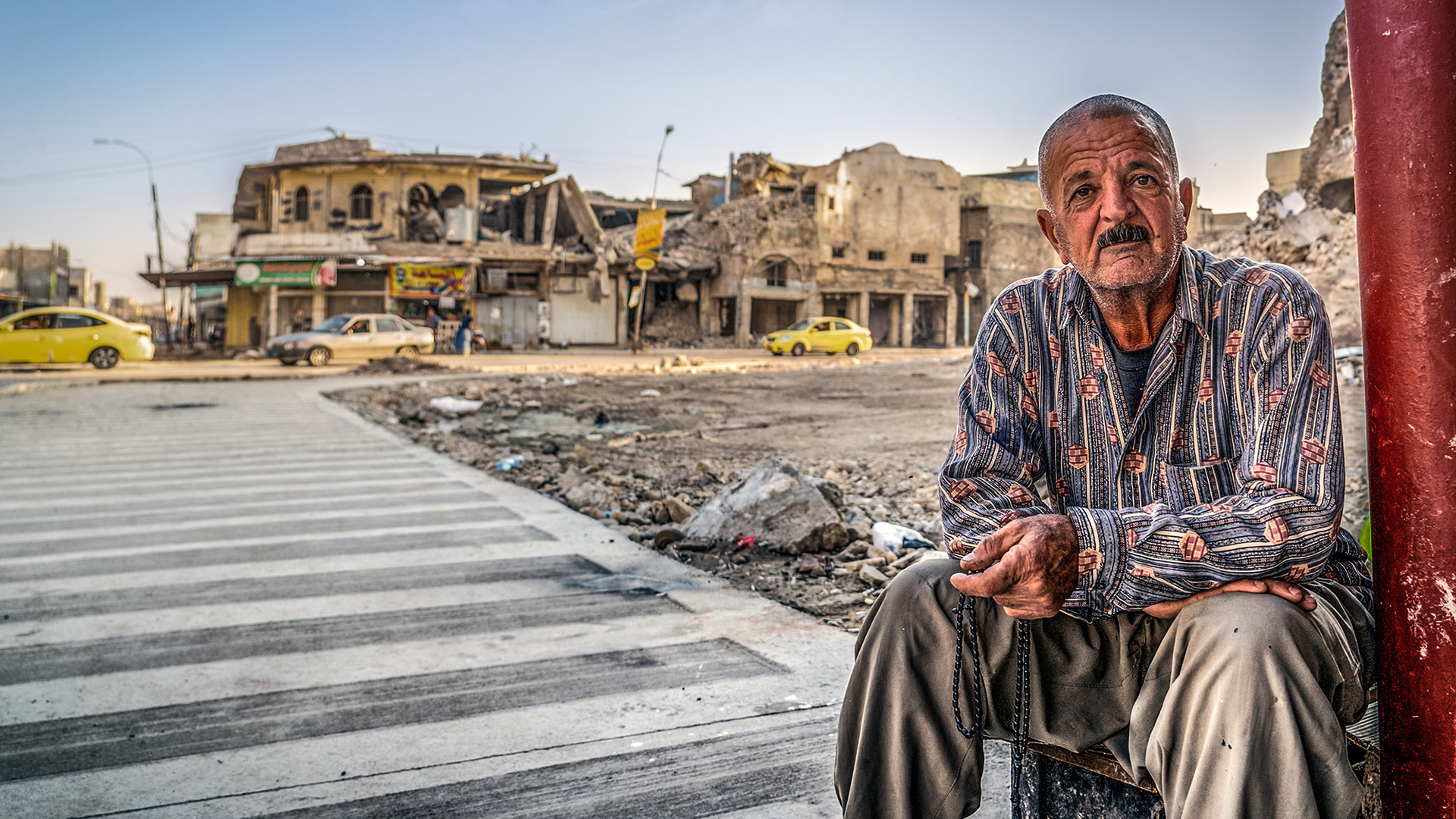Once celebrated as an oasis of democracy in a region dominated by autocratic regimes, Kyrgyzstan is now grappling with a troubling slide toward authoritarianism. A diminishing sense of freedom and the encroachment of increasingly conservative values have made it arduous for the youth to express their true selves.
For years, Kyrgyzstan remained isolated from the global stage, shielded from the world's gaze. However, the forces of globalization, burgeoning tourism, and recent geopolitical developments have shattered this isolation. The emergence of China as a new economic superpower in the neighbourhood, along with the evolving dynamics of Russia, exerts a profound impact on Kyrgyzstan's trajectory. Although Russia has historically wielded immense influence in this region, its hold has weakened since the conflict in Ukraine. Despite Kyrgyzstan's heavy reliance on Russia and the government's deepening ties with Putin's administration, the younger population yearns for emancipation from Russian dominance. The Russian language continues to hold sway, while Kyrgyz traditions and culture, long marginalized and stigmatized, are now experiencing a renaissance.
Zere Asylbek, 25. Actress, singer, activist.
Zere started singing in Kyrgyz instead of Russian several years ago as part of her decolonization process. In the theatre 705 - the only independent theatre in the country - she plays in performances about the war in Ukraine and feminism. Kyrgyzstan is a strongly patriarchal society, traditional gender roles and violence against women are common. Zere became famous overnight when she made a song about women's free choice, accompanied by a video clip in which she appeared scantily dressed. This led to a flood of reactions, including death threats. (Bishkek, capital)
Alisa, 18. Artist
Alisa dreams of going to Europe, where people are more liberal. She would like to study art in Italy. She does not dare to go to the countryside, where her family comes from, because her orientation is not accepted, nor is making art (forbidden in Islam). She is also afraid of being kidnapped and forced into a marriage. Bride kidnapping is a problem that still occurs in the country. (Bishkek, capital)
Visitors at Kolfest, a 3-day festival at Lake Issykoel. The festival takes place since 2019 and aims to combine traditional aspects ofKyrgyz culture, such as yurts, clothing and traditional food, with modern elements such as electronic music. (Tong, Issykul)
Sao, 27. DJ
Sao plays techno music at underground parties in Bishkek. This music scene has been growing in recent years. The parties are about theonly place where young people can be themselves, where they can dress the way they want and love who they want. It is a community ofshared mindsets: opposition to the regime, LGBTIQ friendly and the same politi
Sao plays the jew's harp - a traditional Kyrgyz instrument - live over electronic music. In recent years, many DJs have beenincorporating traditional, ethnic music into their sets. They also see this as a decolonization process, by culturally distancingthemselves from the colonial powers Russia and China, on which the country is politically and economically dependent. (Bishkek)
Zhanyl,18. Teacher in English
Volunteer at an NGO for LGTBQI rights. Wants to study in Europe and return after her studies to put the knowledge she has acquired into practice for her country. She is afraid of all the bills from the increasingly conservative government, such as banning girls under 23 from leaving the country without a male supervisor or parent. A law has also been approved to protect young people against harmful information online. For example, sources that show information that "denies family and traditional social values and promotes non-traditional sexual relationships" are punishable. (Bishkek)
Asis, 26. Model, podcasthost
With his popular podcast The Chai Show, together with his colleague Zee, he discusses a range of topics that are often hard to talk about in Kyrgyzstan, like sex, relationships, and mental health. Both of them they have faceharassement for their queer identity. (Bishkek)
Elina, 28. Feminist, activistand founder of sexeducation platform
Elina founded education platform Teens., which provides sex education, among other things - a major taboo in the country. Thetarget group is not only teenagers but also people in their twenties. According to Elina, many are lost in sexual relationships but alsoin mental health issues stemming from different topics, because traditionally these topics are not talked about. She is outspokenagainst Russian influence and the corruption of the current Kyrgyz government. (Bishkek)
Visitors at Kolfest, a 3-day festival at Lake Issykoel. (Tong, Issykul)
Aika, 30, DJ.
Aika began traveling the world to escape stifling conservative norms and values. She currently lives in Dubai and works there as aDJ. For a long time there was pressure from her village to get married and have children, but she is slowly seeing this diminishing.(Tong, Issykul)
A fashion show was held at Kolfest, a 3-day festival at Lake Issykoel. More and more designers are incorporating old traditionalpatterns and methods into modern clothing. (Tong, Issykul)
A woman participating in a cultural festival is explained how to tie traditional headgear. This headdress - the elechek - used to indicate a woman's social status, for example, whether she was married. Many traditional elements such as headdresses and hairstyles fell out of use or were lost during repressions during the Soviet Union, when expressions of Kyrgyz identity were banned. Nowadays there are regular cultural festivals showcasing traditional aspects of Kyrgyz life, such as eagle hunting, archery and traditional clothing. Kyrgyz people were alienated from their traditions for a long time, after they were suppressed and ridiculed by the Soviet government for 70 years. In recent years there has been a renewed interest in our own traditions, especially since the war in Ukraine. (Kyzyl-tuu, Issykoel)
Nurzat, 20 en Nursultan, 27.Nomads/livestock farmers
They live for 4 months a year as nomads at Song-Kul Lake, at an altitude of 3400 meters, with extreme weather conditions in a yurt; thetraditional round felt tent. There is no internet or telephone connection. Nomads have been coming here in the summer for centuries tocare for their livestock. There are fewer and fewer young people who still want to live this way because modern life is moving into the city.More and more nomads are also focusing on tourism, by receiving guests in yurt camps, as a better way to earn a living (Song-kol, Naryn
Nurzat and Nursultan are busy all day, 7 days a week. The horses must be milked 5 times a day, the cows twice. They make manydifferent products from this milk, which they give a few times a week to a car that sells it at the bazaar in a village. Conversely, a busregularly comes from the village to sell things, even make-up. (Song-kol, Naryn)
A form of leisure activity played in the mountainous areas is Kok-Boru. Teams on horseback must pick up a decapitated goat carcass from the ground andthrow it into the other's goal. The rough game is played mainly by young men. (Song-kol, Naryn)
Another young nomads couple in Song-Kol. Both in their mid-twenties, they are considering of moving into tourism instead of farming, as it provides a better income.
Erzhan, 28. Entrepreneur.
Erzhan is the founder of an underground bar in Bishkek. The bar is one of the few places in the city where underground parties are held. Although he is no longer religious, Kyrgyz traditions are important to him. On Kurmant Ait, the most important Islamic holiday, he goes to his family's village. On that day, a sheep is traditionally slaughtered. This year he was allowed to slaughter the important parts of the sheep for the first time, which his fatherexplained to him. (Tokmok, Chüy Valley)
